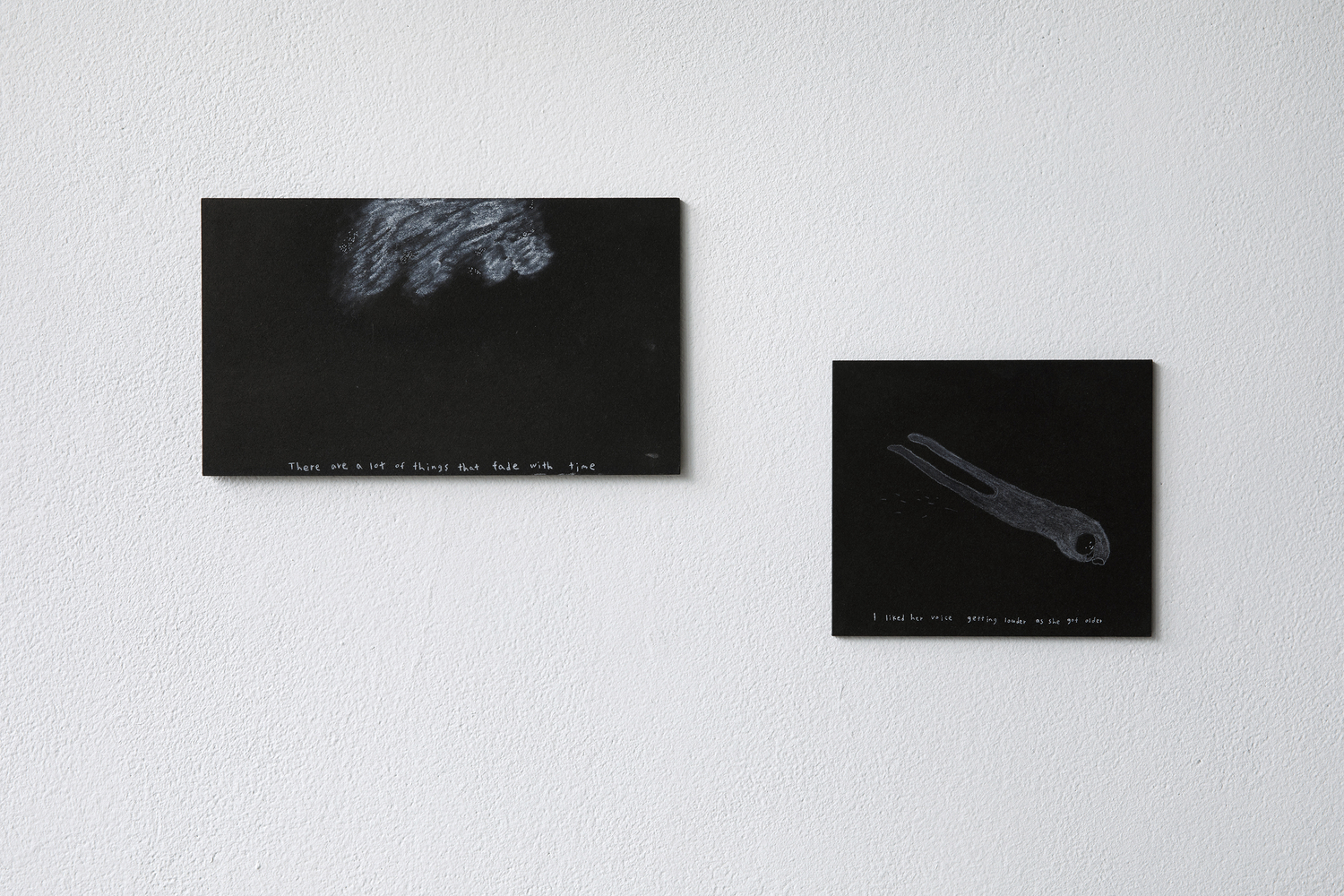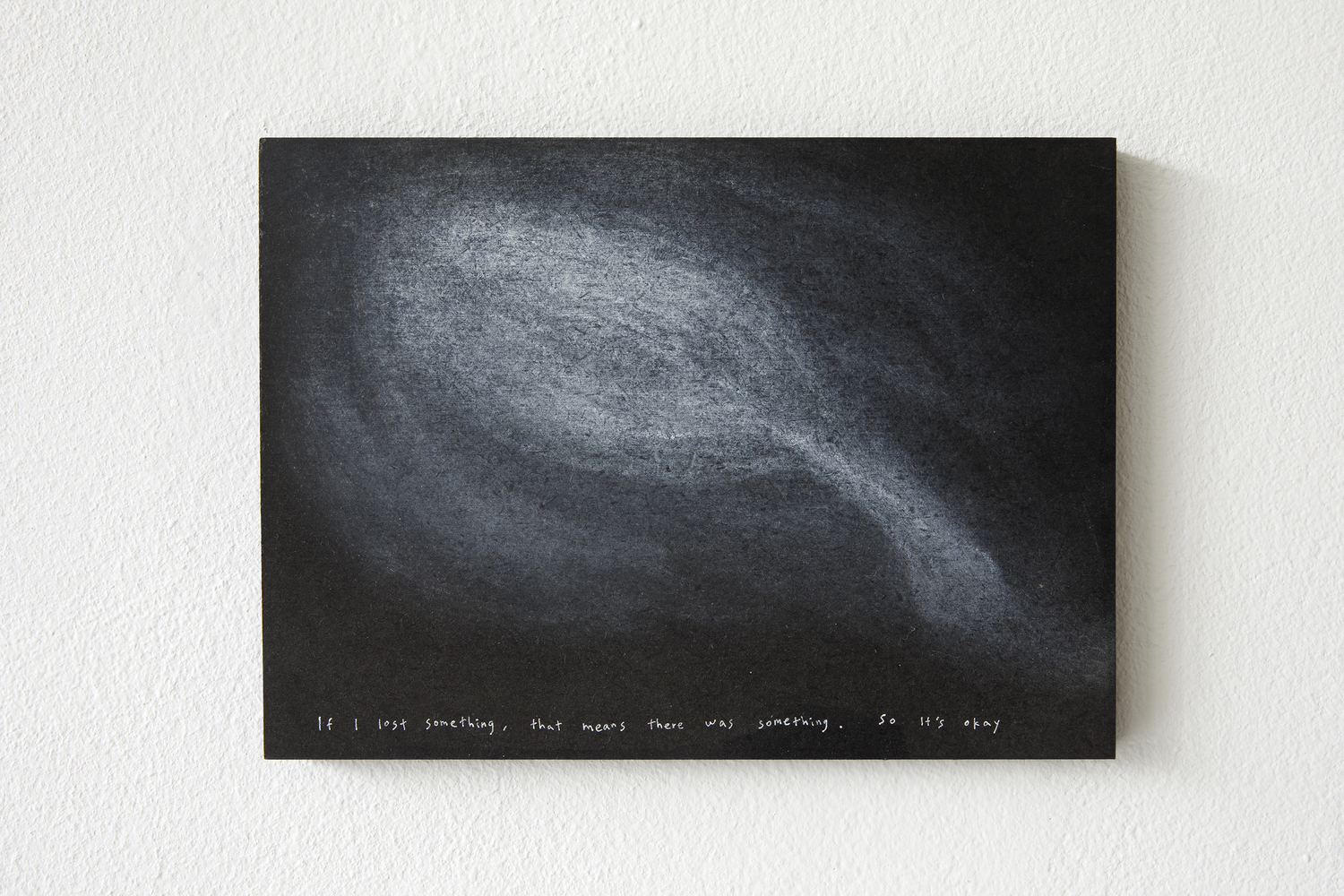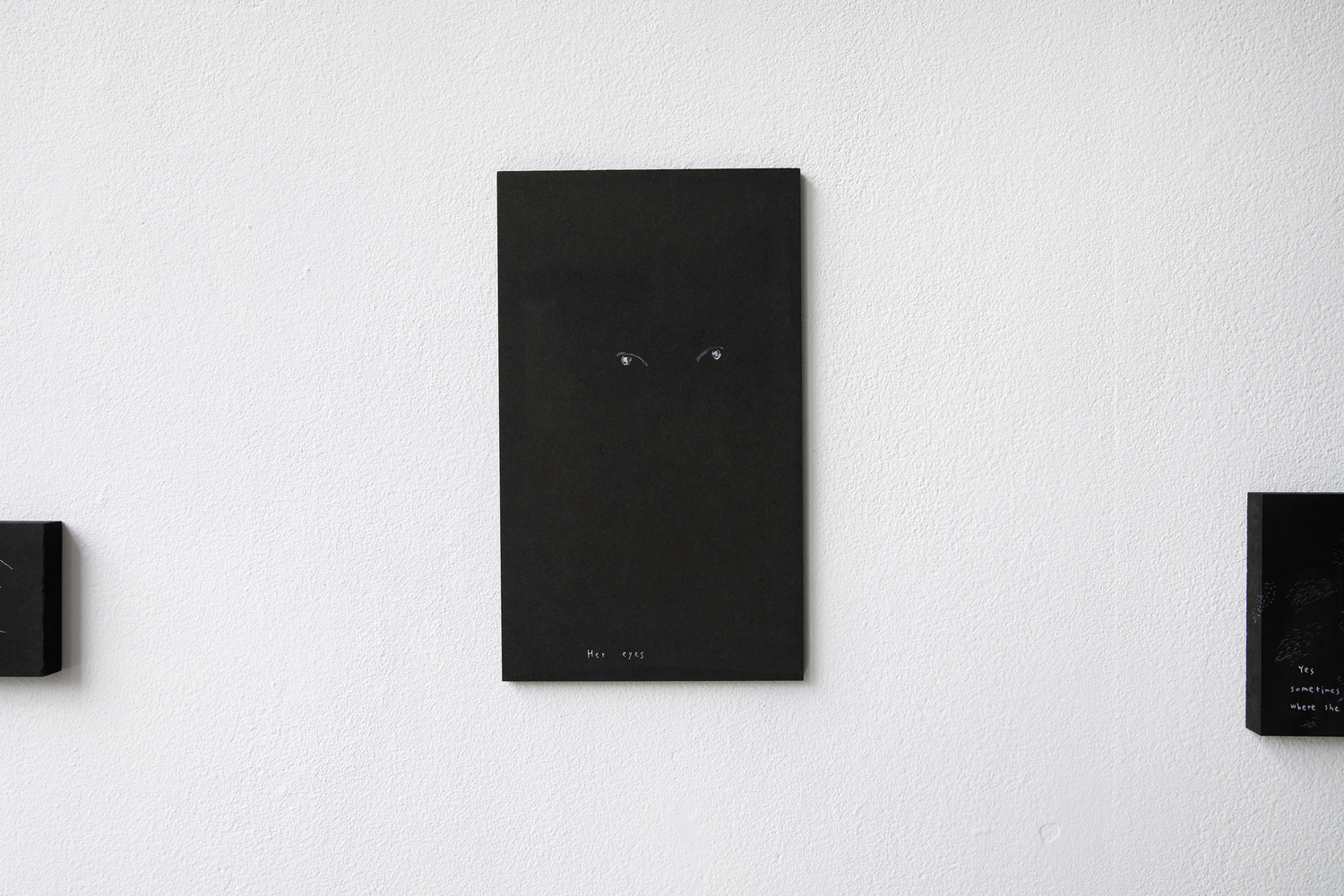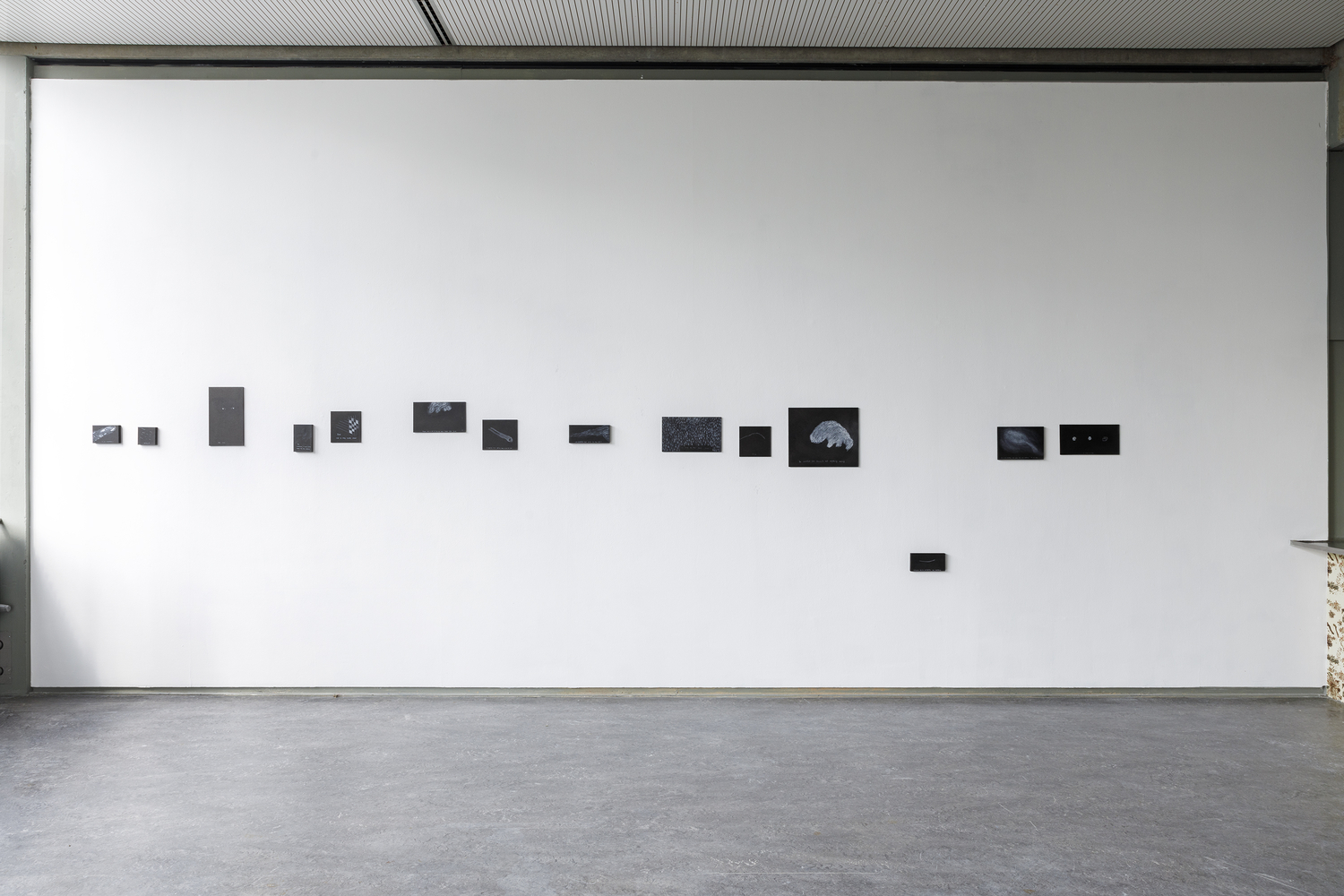
Eun seo
Thesis: Then I Don’t Feel So Bad
| "Memories and nostalgia for a lost past become a productive force in the work of Eunseo Lee. In her practice, 'attachment objects,' as the artist calls them, embody personal past experiences. These objects help Eunseo remember and list those things that have become meaningful in her personal daily life. Like entries in a diary, these circumstances are not grandiose or heroic; they all refer to intimate experiences that transform into little objects of admiration. The figure of the souvenir proves useful when talking about these tokens. According to the artist, a souvenir is an object that someone takes as a reminder of a lived experience that is impossible to own. Dr. Yuji Kawasima refers in their research to the unexpected narrative quality of souvenirs. Liberated from canonical criteria and interests, on the margins, souvenirs speak to the language of longing without responding to needs or use values. In Eunseo's work, the shape of a mountain allows the artist to imagine different textual comments on miscellaneous interests. Brushing your teeth, encountering a mushroom, or a memory of the artist's mother, all could be linked to this figure. This way of working draws from a long-standing tradition of poets who appreciate the beauty in life's small details and lists of things. Just as Sei Shonagon demonstrated in 'The Pillow Book' or Joe Brainard in 'I Remember,' a subtle scent carried by clothing can become the focal point of a captivating entry or sentence. It is not coincidental that neuroscientists explain how smells elicit the most direct connections in our neural system, triggering memories. Moreover, in reference to Eunseo's practice, it is fitting to acknowledge the overlaps that occur in our brain activity between memory and imagination. (Text By Martin La Roche)" |


